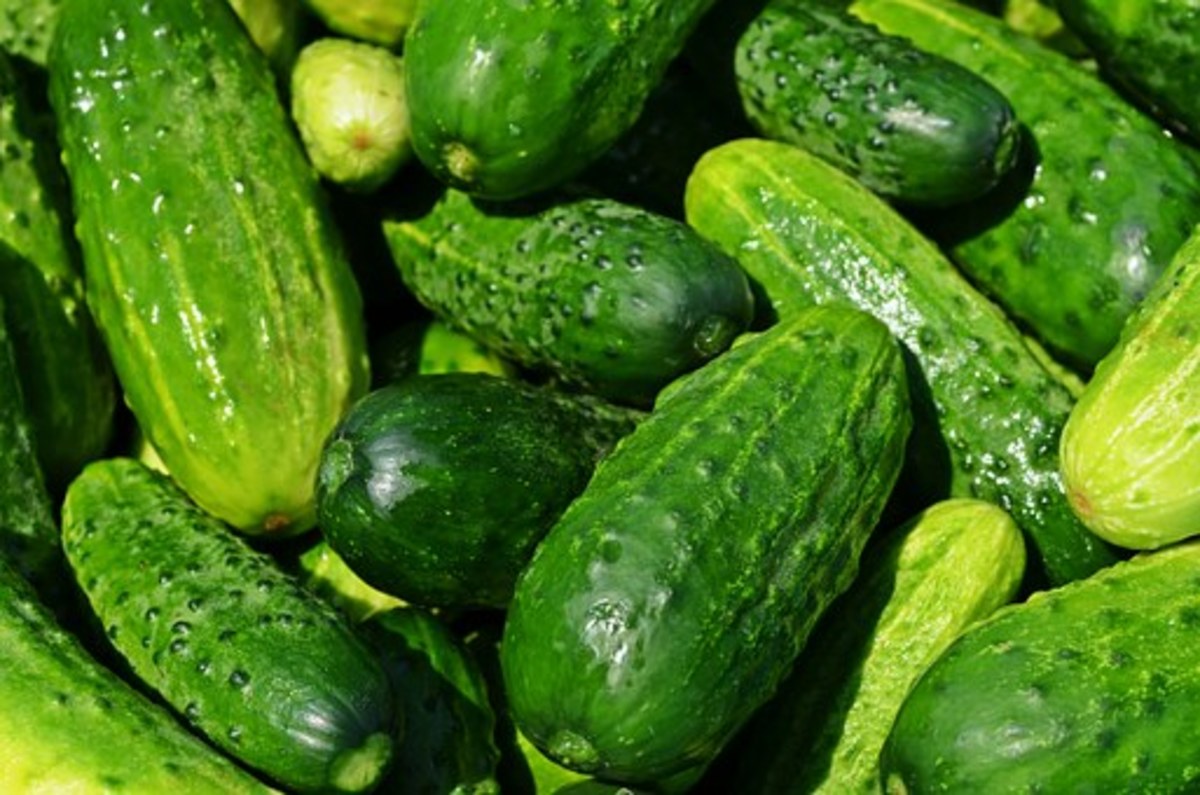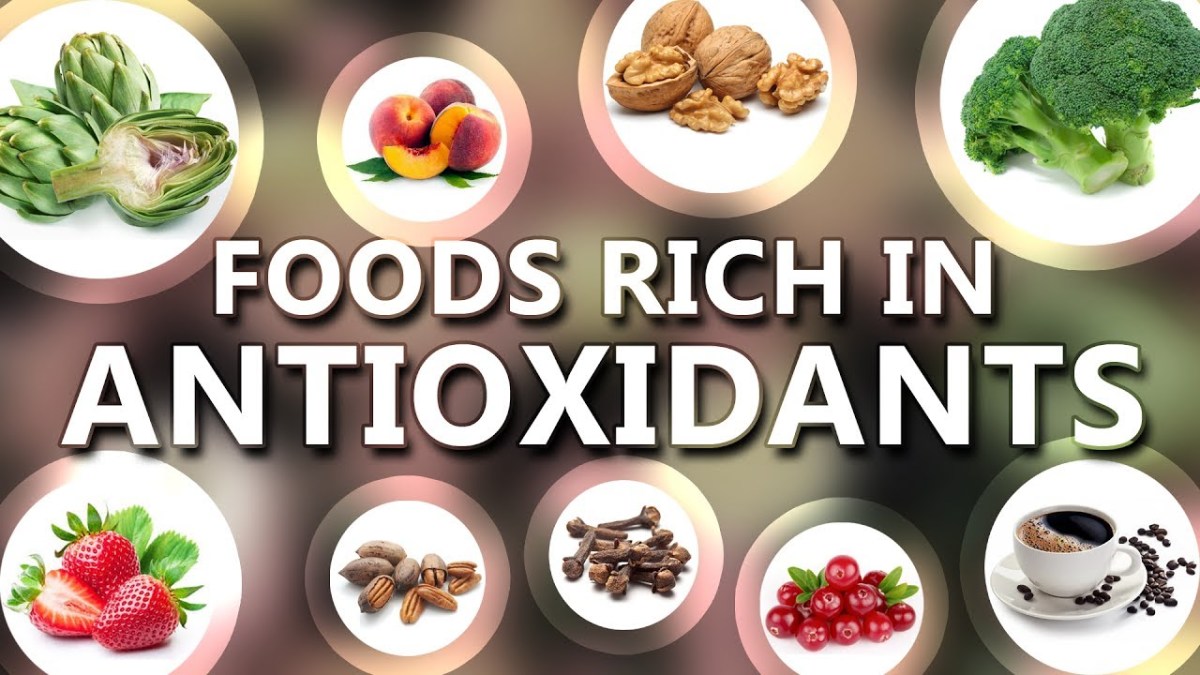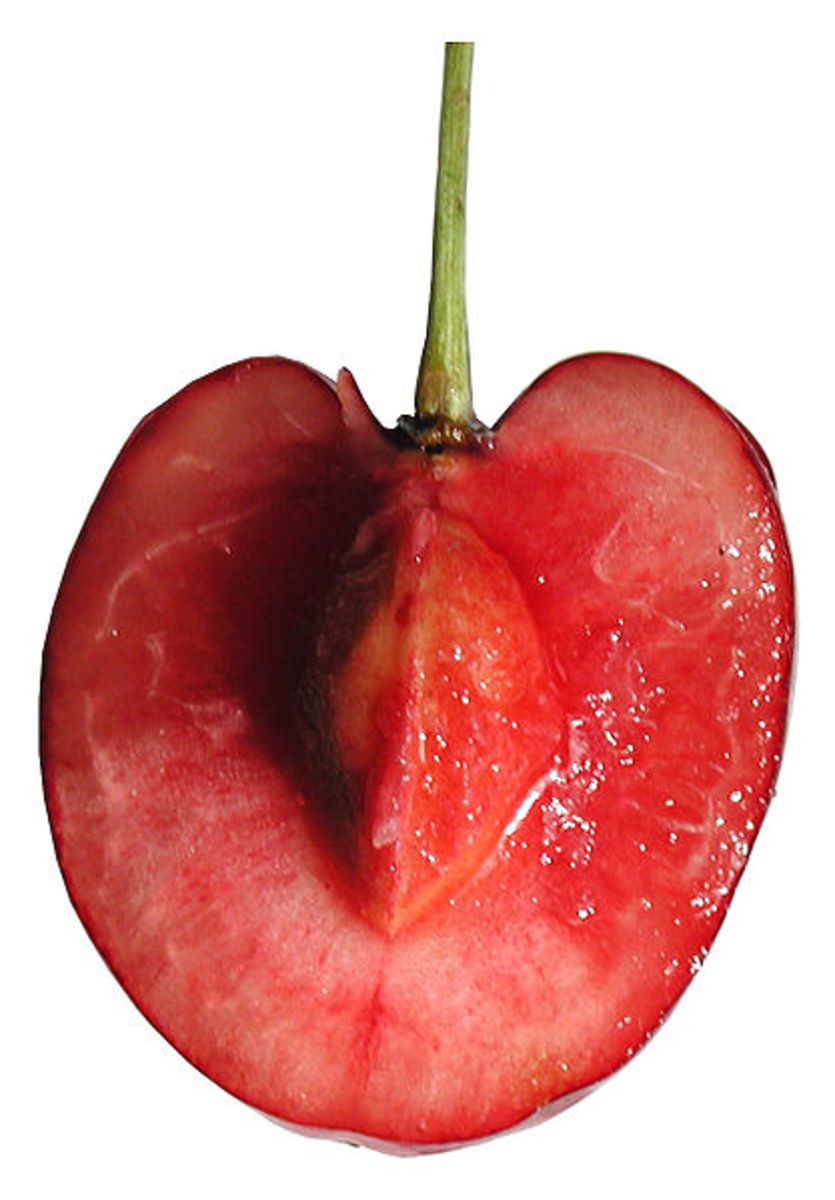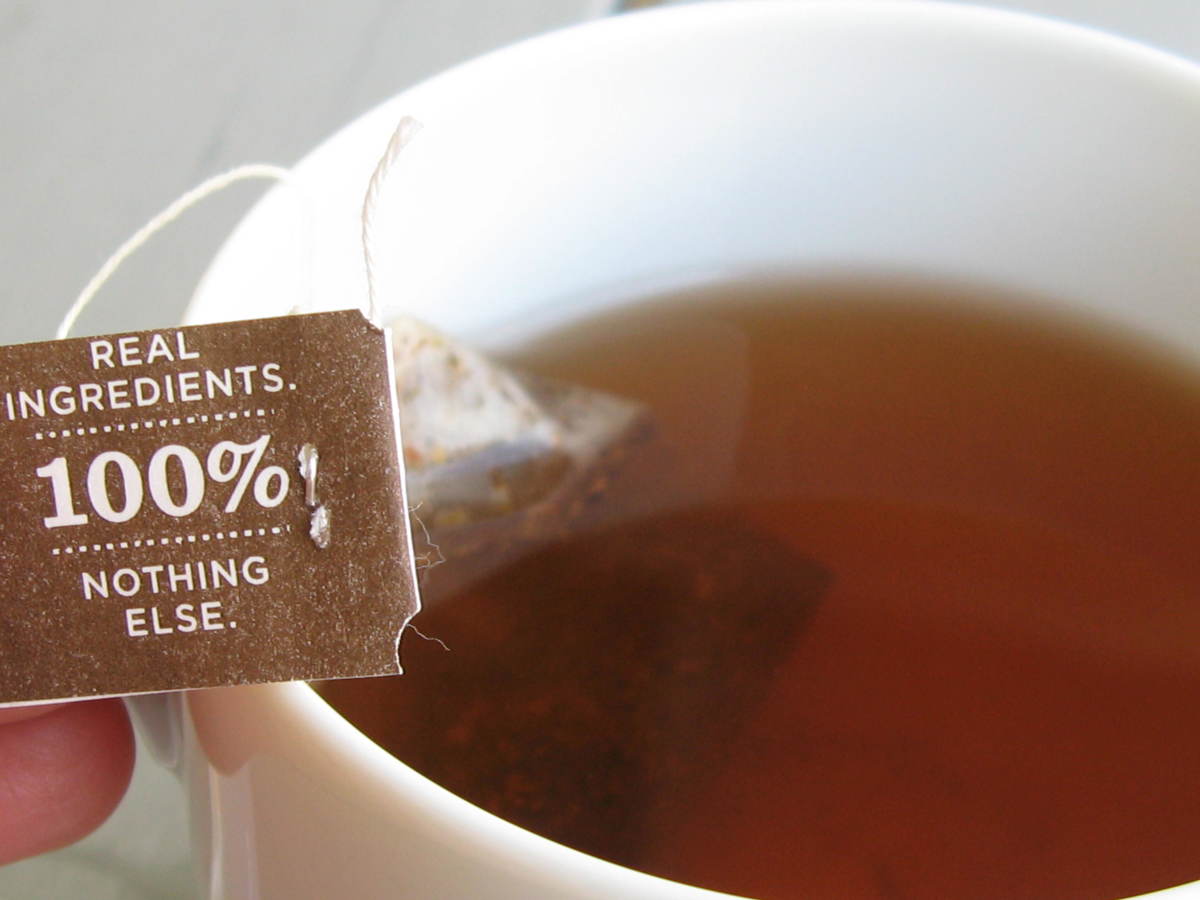Mastering Longevity - Antioxidants
Which Antioxidants should I use?
You are probably already familiar with the role of antioxidants in maintaining your health and protecting you from free radicals. The problem is that there are so many antioxidants to choose from though. Which ones should you concentrate on? Do some have duplicate effects of others? Are some more cost effective than others?
Like most people, I have limited resources. I have done a lot of research learning about different antioxidants and how they work. I wanted to know which were the most important for me. I also wondered if some had duplicate effects and could be eliminated. I have learned a lot over the years and I hope to share some of my knowledge with you.
What I am going to try and do here is help you to understand and choose amongst the different types of antioxidants so that you can prioritize which ones to buy to maximize your health for your particular budget and health needs.
Master Antioxidants
There are a three antioxidants that I would consider to be master antioxidants. These antioxidants can not only enter the mitochondria, but provide additional benefits.
-
Melatonin: Created by the pineal gland during sleep, this antioxidant will permanently bind to free radicals and then be eliminated by the body. Melatonin supplements become more important as you get older.
-
Lipoic Acid: This antioxidant's main job is the rejuvenation of other antioxidants, especially glutathione. Glutathione is considered to be the main protector of your mitochondria. Lipoic acid is one of the few antioxidants that can cross the blood brain barrier. Lipoic acid is found in small amounts in organ meats and green vegetables. Your body can make small amounts of lipoic acid also, but slowly loses the ability as you age. This makes taking lipoic acid supplements become more important as you age. If you can afford it and you need more energy, you might consider taking tablets that combine acetyl L-carnitine with your lipoic acid.
- Resveratrol: Evidence is showing that this antioxidant may prevent damage to the mitochondria. Recommended doses of resveratrol are quite expensive and there is currently some conflicting information about resveratrol right now, so if you have limited funds, ignore this, and concentrate your money on lipoic Acid and melatonin supplements.
Very Important Antioxidants
The next important antioxidants also perform important functions in the human body or have some fairly well documented effect. These include:
- Vitamins: Mainly A, C, E. These scavenge free radicals within the cell. Although they can't enter or protect the mitochondria, they do help protect the cell nucleus. Of these three Vitamin C is the most important. A good multivitamin will take care of these.
- Minerals: Zinc and Selenium are not antioxidants themselves, but they are necessary for many antioxidant enzymes to do their job. A good multivitamin will take care of these also.
- CoEnzyme Q10: Your body natural produces this antioxidant as long as it has all the essential vitamins and minerals it needs to produce it. Unfortunately, your natural production can fall off rapidly after reaching age 40. Most people only need about 30-60 mg. per day. If you are on a budget, you can buy 400 mg. tablets and take one a week and greatly increase your natural level of CoEnzyme Q10.
I personally take a Centrum multivitamin every day and a CoQ10 tablet a few times a week. I have included an Amazon link as I feel that Amazon is the most reliable and cost effective source of supplements available on the internet.
Useful Antioxidants
Plants create a variety of antioxidants to protect themselves from ultraviolet radiation. These antioxidants can provide additional protection against cellular damage. I am listing them (or their food source) in the order that I feel are most effective by cost and ease of use.
- Green Tea: Green tea is listed as having a very high antioxidant content versus other foods due to a high concentration of catechins, a type of flavonoid. Flavonoids are considered to be fifty times more powerful than vitamin E in protecting against LDL oxidation. Catechins are believed to reduce stomach and lung cancer. Tea is cheap, easy to make and almost calorie free.
- Chocolate: Chocolate is loaded with antioxidants. You can buy bittersweet chocolate bars at fairly low cost. This allow you to get a lot of antioxidants for the amount of money you are spending, while keeping your calorie count fairly low. I often buy a big bar of bittersweet chocolate and eat a couple of squares once in a while for dessert.
- Lycopene: This antioxidant found in tomatoes, watermelon, and several other red fruits seems to also protect against cancer. I often buy cherry tomatoes and keep them by my computer to snack on, although tomato sauce is absorbed better. Lycopene is fat soluble, so it may be a good idea to consume with meals that have some fat in them.
- Lutein: This antioxidant seems to help protect the eye. Otherwise it seems to be similar to vitamin A.
- Zeaxathin: Another antioxidant that can help protect the eye, it also seems to be similar vitamin A.
- Superoxide Dismutase: Made by the human body and found in a few plants (barley grass, wheatgrass, cabbage, and broccoli) this antioxidant is necessary to efficiently use zinc, copper and manganese.
- Bilberry: This is an herb that contains anthocyanides, which may protect capillaries, may prevent cataracts and night blindness, and seems to improve circulation. It is also an anti-inflammatory.
- Allium Vegetables: Basically the family of onions, leeks, and garlic. Besides vitamin C, flavonoids, and selenium, Allium vegetables also contain sulfur based antioxidants that seem to prevent blood clots and help out liver functions. These sulfur based antioxidants are not harmed by cooking.

More Antioxidant Facts
Uric acid, a waste product which can also cause gout, is a powerful antioxidant that provides about 50% of the antioxidant capacity of the human body.
Melatonin can actually be found in some foods, but it is destroyed in the intestine during digestion. If you want to try and raise your levels of melatonin naturally, then make sure you get plenty of tryptophan (found in eggs, milk, turkey) in your diet and be sure to sleep in a dark room. It also helps if you reduce lighting levels during the last hour of your evening before retiring to bed. It is actually blue light that prevents the conversion of tryptophan to melatonin by your pineal gland. Tryptophan is converted to serotonin, then the serotonin to melatonin.
For more information on living a long healthy life check out these hubs:
Mastering Longevity - Overview
Mastering Longevity - Mitochondria
Mastering Longevity - Melatonin
Mastering Longevity - Exercise








